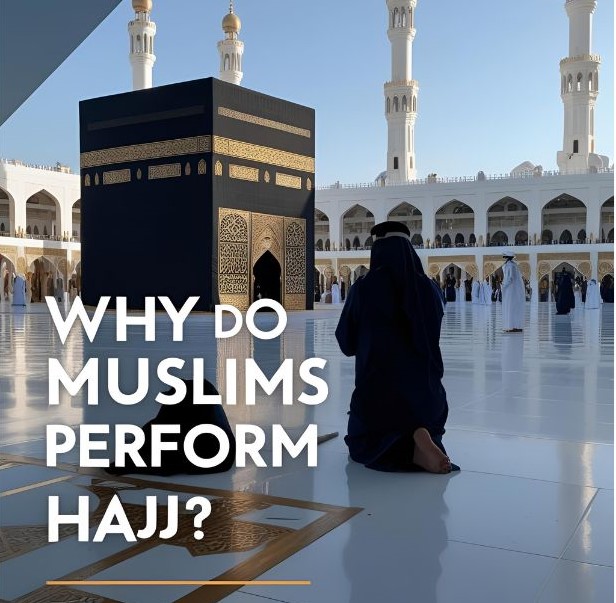Why Do Muslims Perform Hajj?
Hajj, a sacred obligation, holds a profound meaning for many. This pilgrimage is a journey full of rituals and mystery that deepens with each passing year.
At its core, Hajj means "intending pilgrimage," but in Islam, it involves visiting the House of God and performing specific rites on certain days.
So, what's the purpose of Hajj?
Hajj is mandated by God for those who are able, as stated in the Quran:
“It is the duty of all people to make pilgrimage to the House, for those who can afford it. Those who reject this duty, Allah is free from need of the worlds.” (3:97)
Imam Ali (AS) explained that Hajj shows our humility before God's greatness. It reaffirms our submission and desire for forgiveness.
Hajj is more than a journey; it represents unity, servitude, and a stand against injustice. It brings Muslims together from around the world, fostering connection and trade.
In an ideal world, Hajj would offer solutions to the challenges facing the Muslim Ummah. It would inspire worship of one God, sincerity, piety, and divine virtue. It would also promote trade, alleviate poverty, and honor the legacies of Prophet Ibrahim and Ismael.
However, the modern practice of Hajj sometimes falls short of these ideals. Instead, it can become a routine of dry rituals, with little impact on the Muslim community. This opens the door for the enemies of Islam to exploit it for economic gain.
We need to rethink our approach to Hajj. Muslim governments, scholars, and leaders must come together in an international conference to rediscover the true purpose of Hajj and address the challenges facing Islamic societies.
To learn more about Hajj, watch our next video: "How to Perform Hajj." Or visit our website: www.findtruth.co.uk/hajj.











